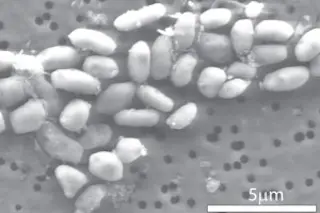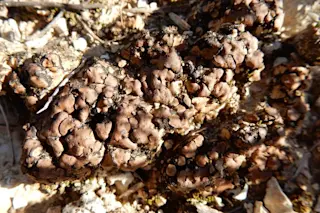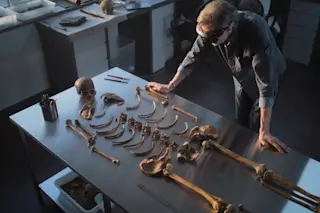In December 2010 a team of researchers, with NASA's blessing, announced a truly remarkable result: bacteria that lived in California's Mono Lake not only thrive in the arsenic laced water, but have incorporated arsenic into their biophysical processes. This was a big deal, since it wasn't thought that this was possible (while arsenic has similar properties to the biologically-necessary element phosphorous, replacing one for the other had never been seen before in nature). However, the team found their findings immediately under fire by other biologists. Here is my initial report on the press conference announcement, and here's my followup after severe doubt had been cast on the findings, and a third article from a few months later. Basically, the team's methods, analysis, and results were found to be lacking, and two other groups of biologists started up their own investigation to replicate the research. Today, Science magazine published the results. ...
New research points toward "no" on arsenic life
Discover how bacteria thrive in arsenic-rich water at Mono Lake and the controversy surrounding the initial findings.
More on Discover
Stay Curious
SubscribeTo The Magazine
Save up to 40% off the cover price when you subscribe to Discover magazine.
Subscribe













